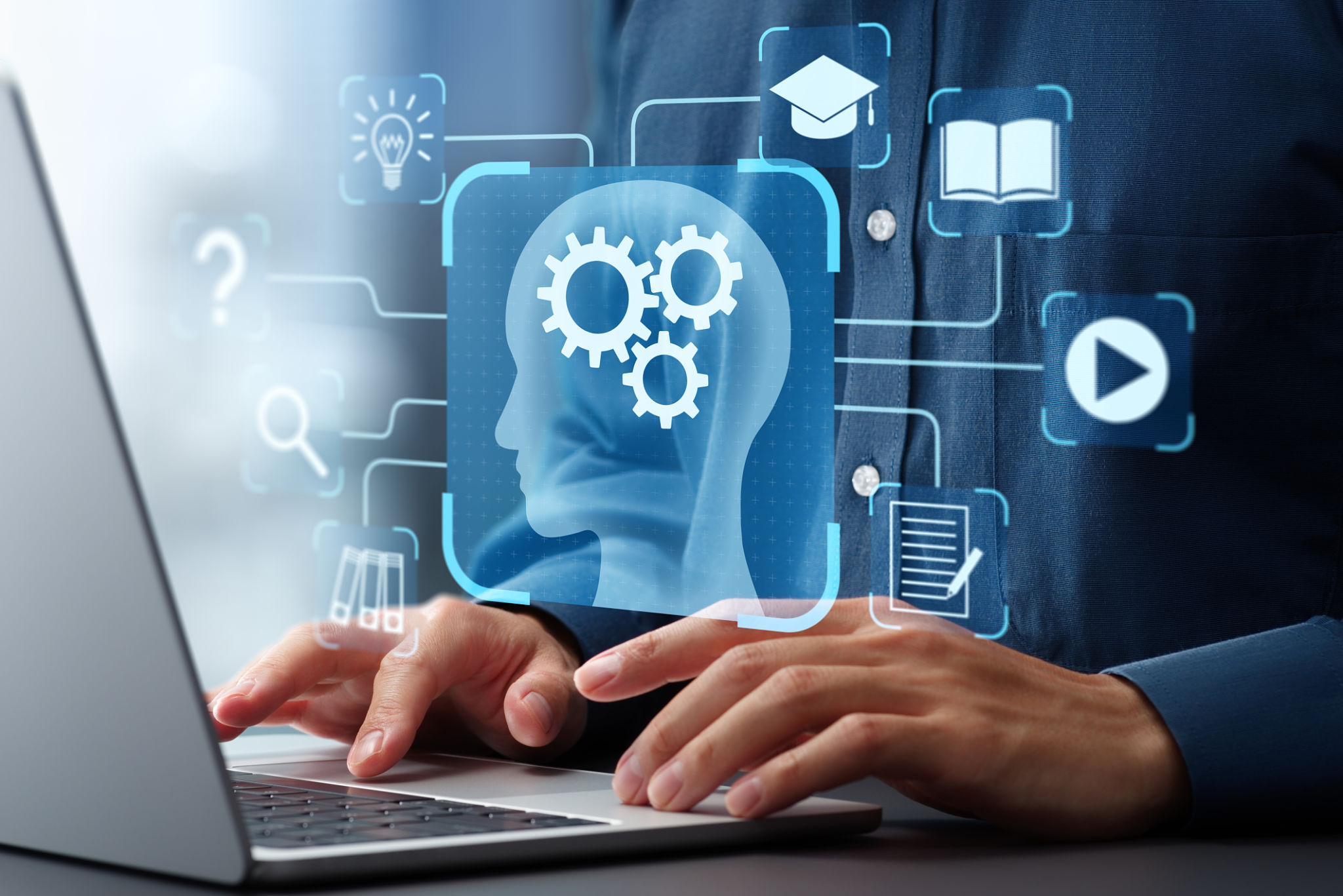Unlocking Student Potential: Personalized Learning Strategies
Understanding Personalized Learning
In recent years, the education landscape has been rapidly evolving, with a significant shift towards personalized learning. This approach tailors educational experiences to meet the unique needs and preferences of each student. By focusing on individual strengths and weaknesses, personalized learning strategies aim to unlock the full potential of every learner, ensuring they not only understand the material but also engage with it meaningfully.
One of the key benefits of personalized learning is that it empowers students to take control of their educational journey. This autonomy leads to increased motivation and engagement, as students are more likely to invest time and effort into subjects that resonate with their interests and goals.

Technological Tools in Personalized Learning
Technology plays a crucial role in facilitating personalized learning. With the advent of digital platforms and educational software, teachers now have access to a plethora of tools designed to cater to diverse learning styles. These tools can adapt content delivery based on student performance, providing real-time feedback and customized resources to enhance learning outcomes.
Some popular technological tools include adaptive learning software, which modifies the difficulty level of tasks based on students' progress, and learning management systems that track student activities and suggest personalized learning paths. These technologies not only streamline the learning process but also provide valuable insights for educators.
Effective Implementation Strategies
Implementing personalized learning requires careful planning and consideration. Here are some effective strategies:
- Assessment: Conduct regular assessments to identify student strengths and areas for improvement.
- Goal Setting: Encourage students to set realistic and achievable goals to guide their learning journey.
- Flexible Pacing: Allow students to progress at their own pace, ensuring they fully grasp concepts before moving on.
- Diverse Resources: Provide a variety of resources such as videos, articles, and interactive activities to cater to different learning preferences.
The Role of Teachers in Personalized Learning
Teachers play an integral role in the success of personalized learning strategies. As facilitators, they must create an inclusive classroom environment that fosters collaboration and open communication. By understanding each student's unique needs, educators can provide targeted support and guidance.

Moreover, teachers should engage in continuous professional development to stay updated on the latest educational technologies and methodologies. This ongoing learning equips them with the skills needed to effectively implement personalized learning strategies and address any challenges that may arise.
Challenges and Considerations
While personalized learning offers numerous benefits, it also presents certain challenges. One major consideration is ensuring equitable access to technology and resources for all students. Schools must address potential disparities in access to digital tools to prevent any student from being left behind.
Additionally, personalized learning demands a significant time investment from educators for planning and implementation. Schools should provide adequate support and resources to help teachers manage their workload effectively while maintaining high standards of teaching.

The Future of Personalized Learning
As education continues to evolve, personalized learning is expected to play an increasingly prominent role in shaping student experiences. With ongoing advancements in technology and a growing understanding of diverse learning needs, the potential for personalized education is vast.
Ultimately, the goal of personalized learning is to equip students with the skills and knowledge they need to thrive in an ever-changing world. By embracing these strategies, educators can help unlock each student's potential, fostering lifelong learners who are prepared for future challenges.
